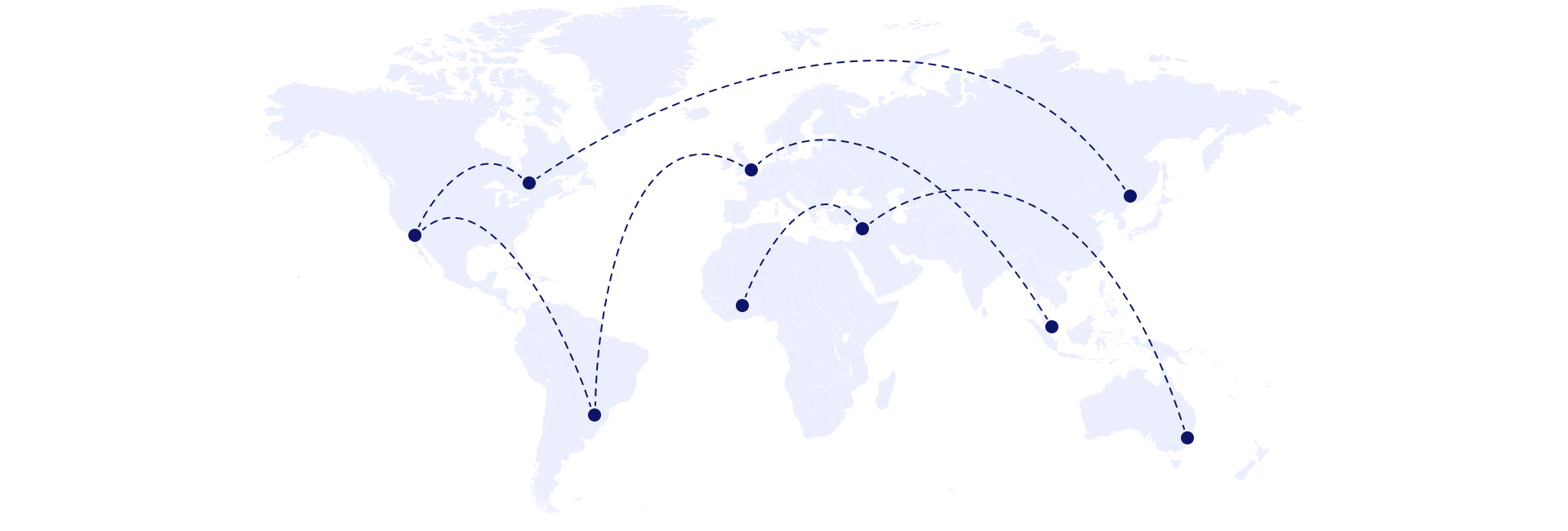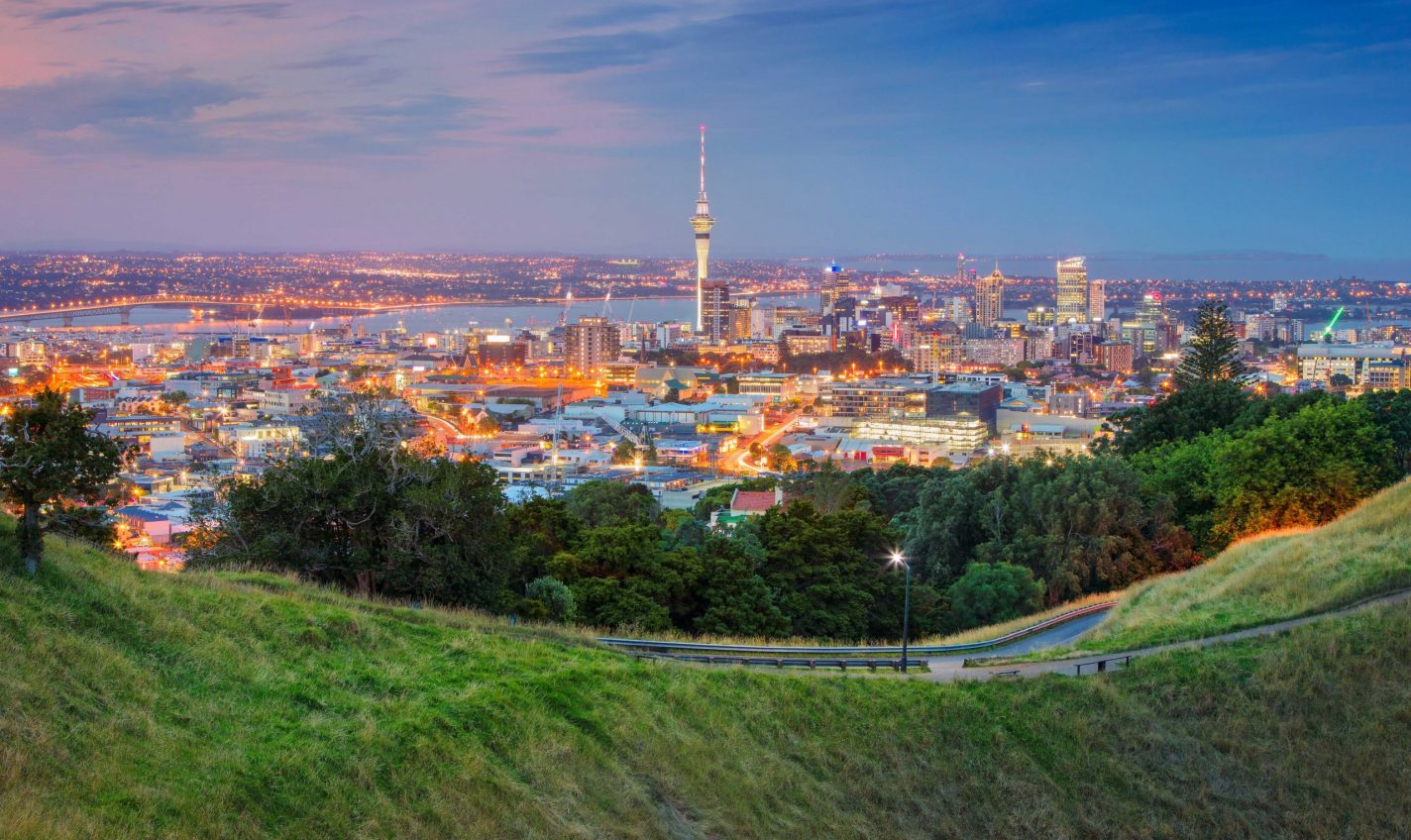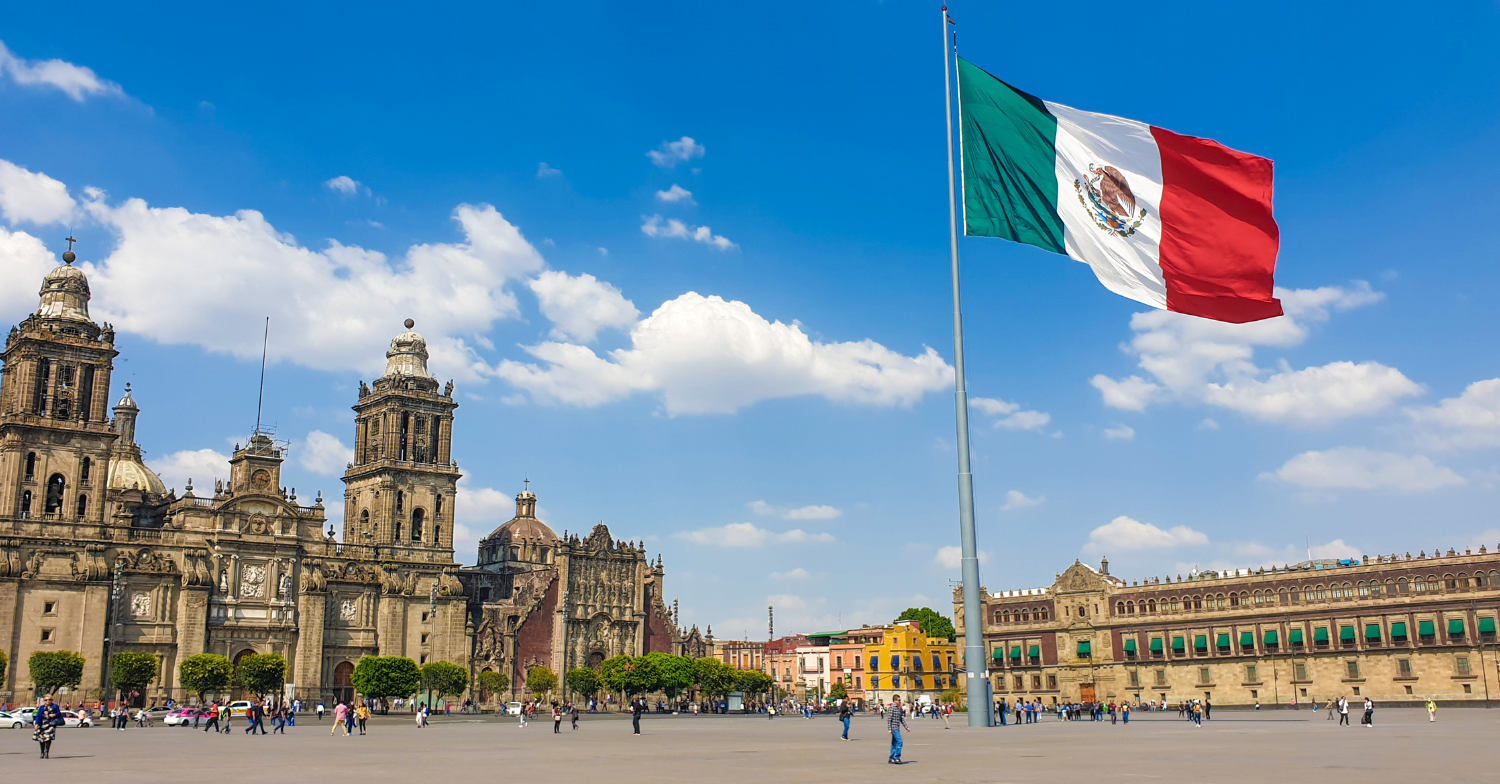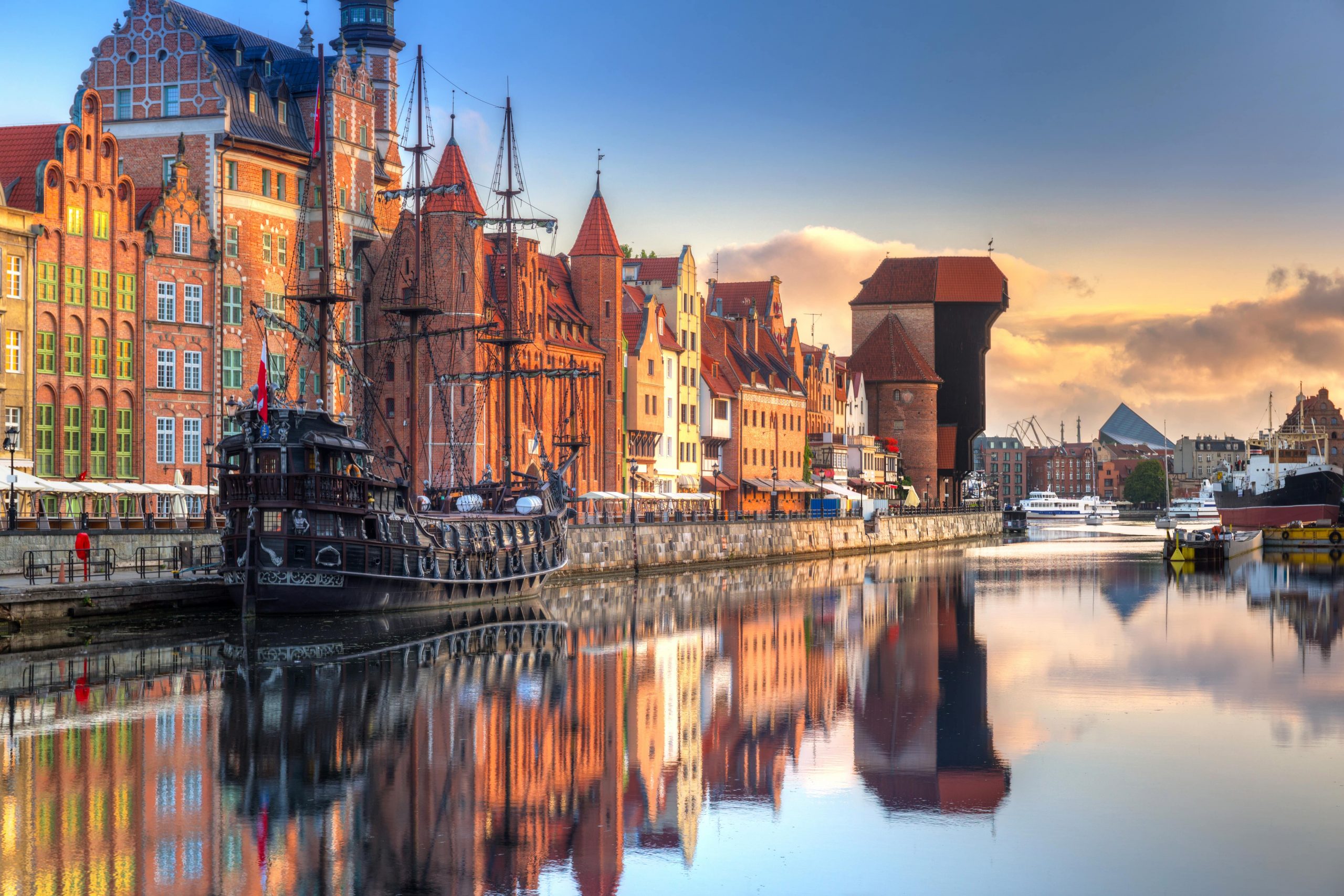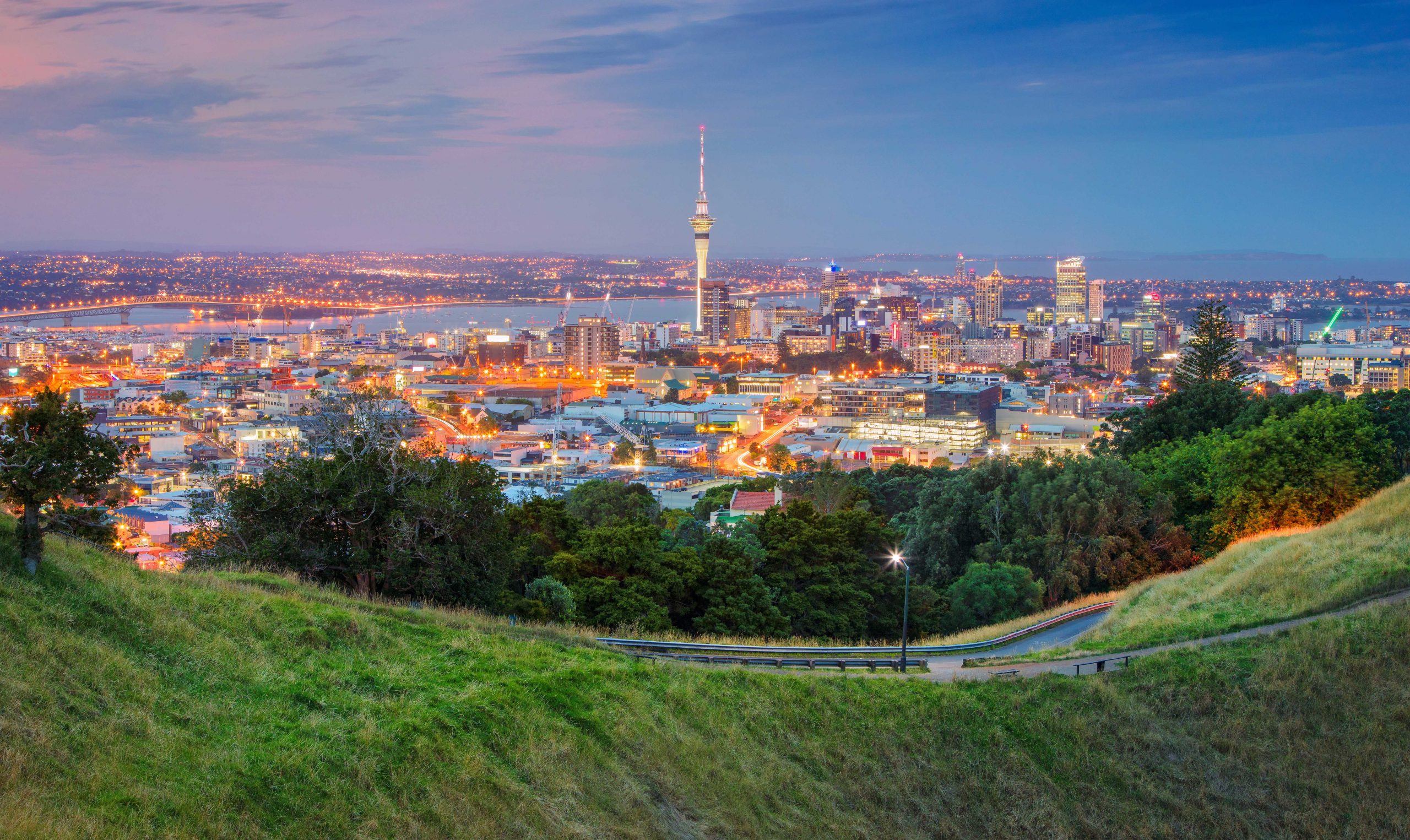
With it’s warm, rich culture, incredible scenery and vibrant cities, New Zealand is an appealing emigration destination. But whether you’re thinking of moving out there yourself to start a business or trading with New Zealand from a base overseas, there are some important factors to consider before you make the leap.
Check you can overcome some logistical hurdles
Logistics are a key thing to consider when setting up a business in New Zealand as the cost and speed of travel can significantly impact your business. Will you need to regularly ship goods or fly staff to Europe or the US? If so, do a thorough affordability check as the vast distances make these travel routes expensive. Another consideration is the comparatively long time it takes to get to New Zealand from the UK or elsewhere in Europe. Check that you can accommodate these long lead times or if they will make it difficult to remain competitive.
The time difference between can be a logistical issue, too. New Zealand can be as many as 13 hours ahead of GMT. This means you might only have short windows in the morning and early evening to schedule meetings and collaborative working.
Internet speeds aren’t the fastest in New Zealand so that’s something to consider if you’re planning on running an online business. The average speed is faster than in Australia but still way behind Japan, the US and the UK.
Budget carefully
As well as the value of the New Zealand dollar against the pound there are a number of costs to consider when it comes to setting up a business in New Zealand. Here are some of the main expenses to factor into your cost analysis.
Considering how far you’re going, flights to New Zealand are unsurprisingly expensive. The cheapest from London seem to be around the £500 mark, but most are over £1,000 with some hitting closer to £1,500. If your business model includes regular travel for you or your employees back to Europe then the cost of flights is a significant expense to factor in.
New Zealand corporate tax is pretty hefty as it’s 28% compared to 19% in the UK. If you’re trading in New Zealand from the UK then you’ll need to pay New Zealand corporate tax on your income generated in New Zealand. If you base your business in New Zealand (ie it’s a resident company) then you’ll need to pay New Zealand corporate tax on your worldwide income.
Generally speaking, wages appear to be higher in New Zealand but it’s not a huge difference compared to the UK and depends on the role and region. If you’re planning on hiring a significant workforce then it’s going to be worth researching the exact increase compared to what you might expect to pay in the UK. For example, the adult minimum wage in New Zealand is 20 NZ dollars an hour (about £10), whereas the national living wage in the UK for people 23 and over is £8.91
Research your sector
Considering the costs and logistics of trading with a country as far away from Europe and the US as New Zealand, it’s worth checking how your sector performs to assess the viability of your business. To help you, here’s a rundown of some of the biggest industries in New Zealand.
With all that gorgeous countryside it may come as no surprise that agriculture is the biggest industry in New Zealand. Its lamb is famous around the world, but the country is also a major dairy supplier. Fruit is a huge export too, not least the kiwi fruit.
Another significant industry in New Zealand is the construction industry. Skilled construction workers are in demand and if your business is in this industry then you may find you can call upon the many backpackers who come to New Zealand for temporary, less-skilled roles like labourers.
Real estate services are a leading sector in New Zealand, which is likely to be a key driver in the demand for construction services. As well as the purchasing of real estate the rental and hiring sectors are big too, which may in part be down to New Zealand’s booming tourism industry and the demand for holiday rentals.
Open a World Account for free
- Open up to 10 local currency accounts, with local sort codes, account numbers and IBANs
- Direct CNY payments to 1688.com
- Pay suppliers, partners and staff in 37 currencies without hidden fees
- Collect secure payments from 100+ marketplaces, overseas buyers and payment processing gateways
- Pay and get paid easily with local bank details on your invoices
- Lock in conversion rates to manage your currency risk
Instantly enter the market with a marketplace
If you’ve got goods you can sell online then selling via a marketplace is one of the fastest ways to reach New Zealand customers. You can quickly set up a store and start reaching the established audience who already uses these marketplaces as a one-stop shop.
TradeMe is one of New Zealand’s most popular auction and classifieds sites. Anyone can list an item and there's a huge range of categories including cars, computers and clothing.
Maker2u is one of the fastest-growing marketplaces in New Zealand. It describes itself as an online farmers market but sells more than just food. Categories include homeware and health and beauty. It’s tagline is "buy local" so this marketplace will only work for you if you’re planning on locating your business in New Zealand rather than just shipping from the UK.
The Warehouse is a bit like Wallmart.com in that it’s the online marketplace for a brand with 90 stores across New Zealand. You can apply online to become a supplier and categories include clothing and household items as well as electronics.
Australian marketplaces also perform well in New Zealand so are also worth looking into. Top performers include catch.com.au and mydeal.com.au and you can apply to become a seller on their websites.
Scout out the ideal location
When it comes to locating your business in New Zealand you’ve got two islands to choose from. Auckland and Wellington are two of the biggest cities and located on the North Island, or you could head to the South Island and a city like Christchurch.
Auckland is the largest city in New Zealand, but with its surrounding hills and beaches it offers a great balance of town and country. As it’s New Zealand’s most populous city, you should have a good choice of candidates when hiring. Companies with headquarters in Auckland include Xero, Vodafone and Air New Zealand.
Wellington is the capital of New Zealand and a cultural hub. The film industry is big there, as is the tourism sector with the city boasting multiple museums, galleries and heritage sites. As it’s the capital, many government departments are based there too. Companies with headquarters in Wellington include ANZ National Bank, BP Oil and IBM.
Christchurch is a great base for people exploring the south island so would suit a business in the tourism or outdoor leisure sectors. It’s a unique city where some of the newest, most cutting-edge buildings in New Zealand are next to some of the oldest.

Vanessa Barlow
Experience: 13 years writing about international trade, business, finance and technology
Business support from WorldFirst
Businesses trust WorldFirst
- Almost 1,000,000 businesses have sent $150B around the world with WorldFirst and its partner brands since 2004
- Your money is safeguarded with leading financial institutions
